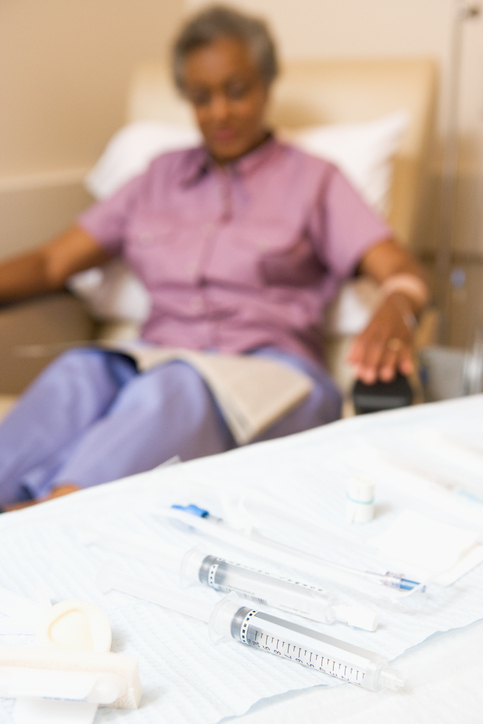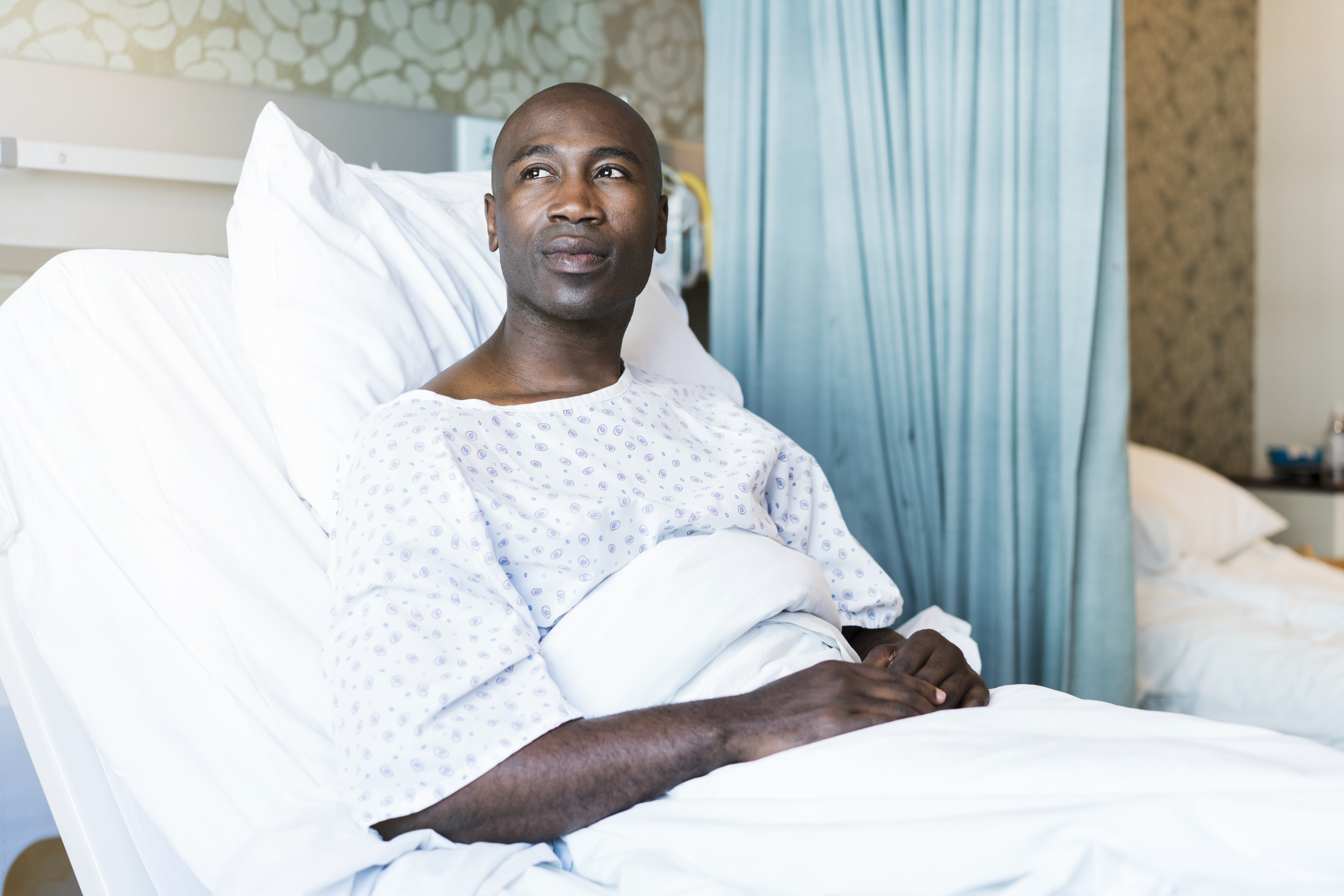 According to the American Cancer Society, chemotherapy (chemo) usually refers to the use of medicines or drugs to treat cancer.
According to the American Cancer Society, chemotherapy (chemo) usually refers to the use of medicines or drugs to treat cancer.
How does chemotherapy work?
There are more than 100 chemo drugs used to treat cancer – either alone or in combination with other drugs or treatments – each “very different in their chemical composition, how they are taken, their usefulness in treating specific forms of cancer, and their side effects,” says the American Cancer Society.
There are three main goals of chemo, which include: cure, control, and palliation.
Chemo is used to shrink a tumor before surgery or radiation therapy. This form of action is called neoadjuvant therapy. It can also be used after surgery to kill off any remaining cancer cells – also called adjuvant therapy.
This is achieved by administering the meds in a variety of ways such as machine – commonly given at regular intervals called cycles. For example, one cycle may be a dose of one or more drugs followed by several days or weeks without treatment. While the American Cancer Society says the disease can be cured in one sitting, it’s likely multiple treatments or combination treatment will be needed to keep the cancer at bay.
What are the side effects associated with the cancer treatment?
While there are a handful of medications that can help protect your body’s normal cells, as well as relieve side effects while undergoing treatment, not all cells are protected. Those vulnerable to damage by chemotherapy are as follows:
- Blood-forming cells in the bone marrow
- Hair follicles
- Cells in the mouth, digestive tract, and reproductive system.
Some chemo drugs can also cause damage to cells in the heart, kidneys, bladder, lungs and nervous system.
Other common side effects include:
- Fatigue
- Easy bruising and bleeding
- Anemia (low red blood cell counts)
- Nausea and vomiting
- Appetite changes
- Diarrhea
- Mouth, tongue, and throat problems such as sores and pain with swallowing
- Nerve and muscle problems such as numbness, tingling, and pain
- Skin and nail changes such as dry skin and color change
- Urine and bladder changes and kidney problems
- Weight changes
- Mood changes
- Changes in libido and sexual function
- Fertility problems
Note: Side effects will not arise in every person undergoing chemotherapy. Also, the severity of side effects will also vary greatly from person to person.
Furthermore, while some side effects will go away fairly quickly following treatment, others may persist for months or even years.
What are some ways to manage chemotherapy side effects?
While most people undergoing chemotherapy receive anti-nausea meds to prevent nausea and vomiting after treatment, additional ways to prevent or manage these side effects include:
- Drinking lots of fluids in small amounts throughout the day, rather than larger amounts less frequently.
- Using relaxation techniques like meditation and deep breathing.
- Eating small meals a few hours before treatment.









